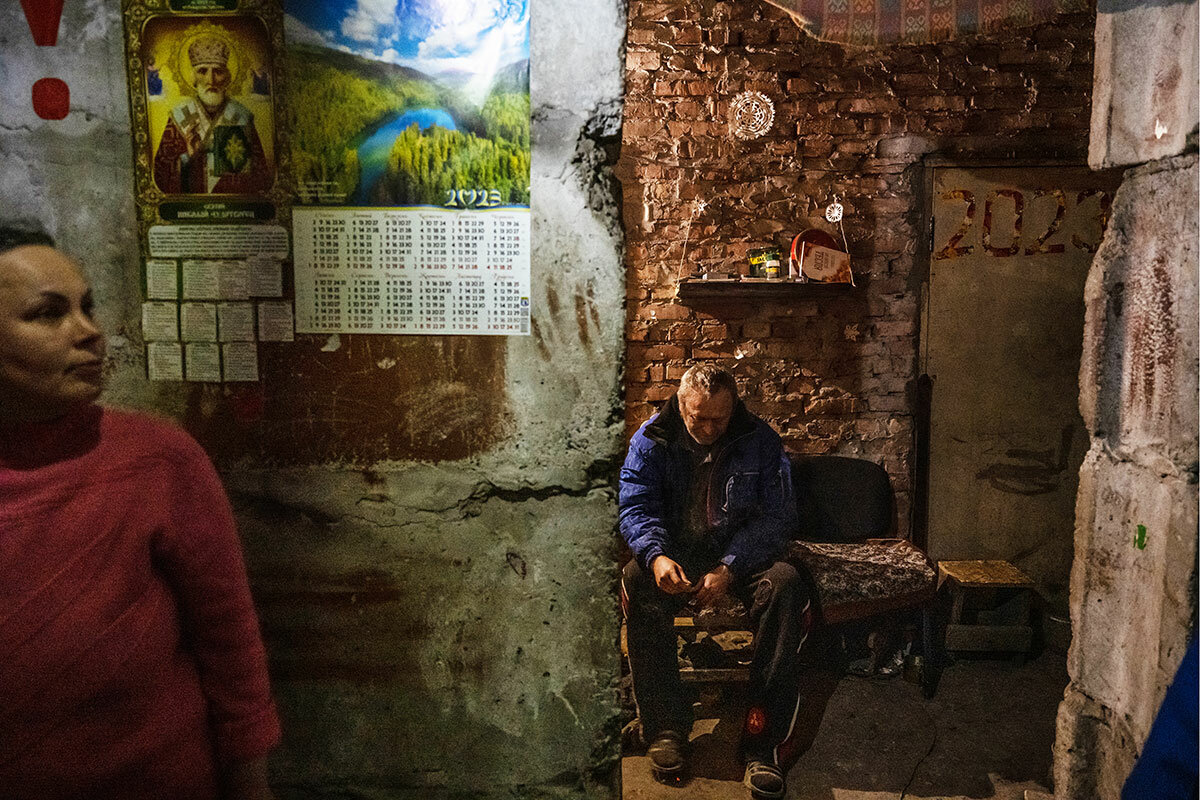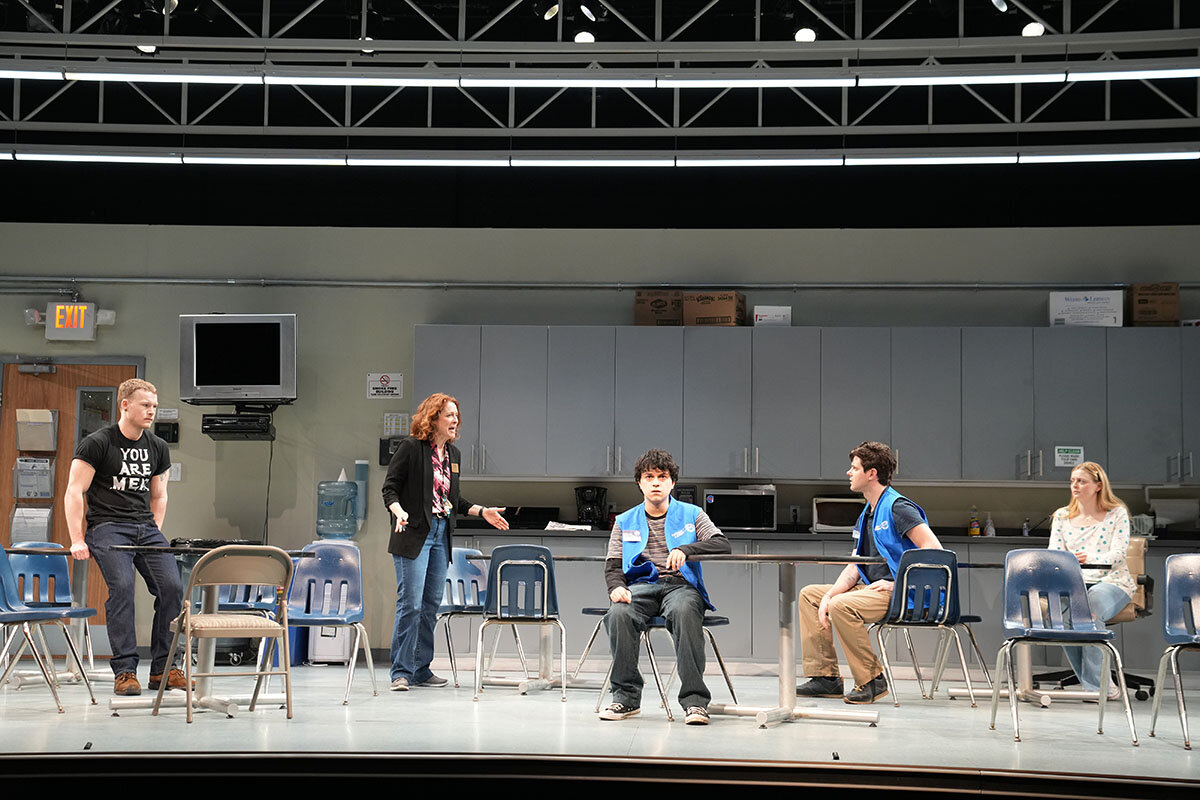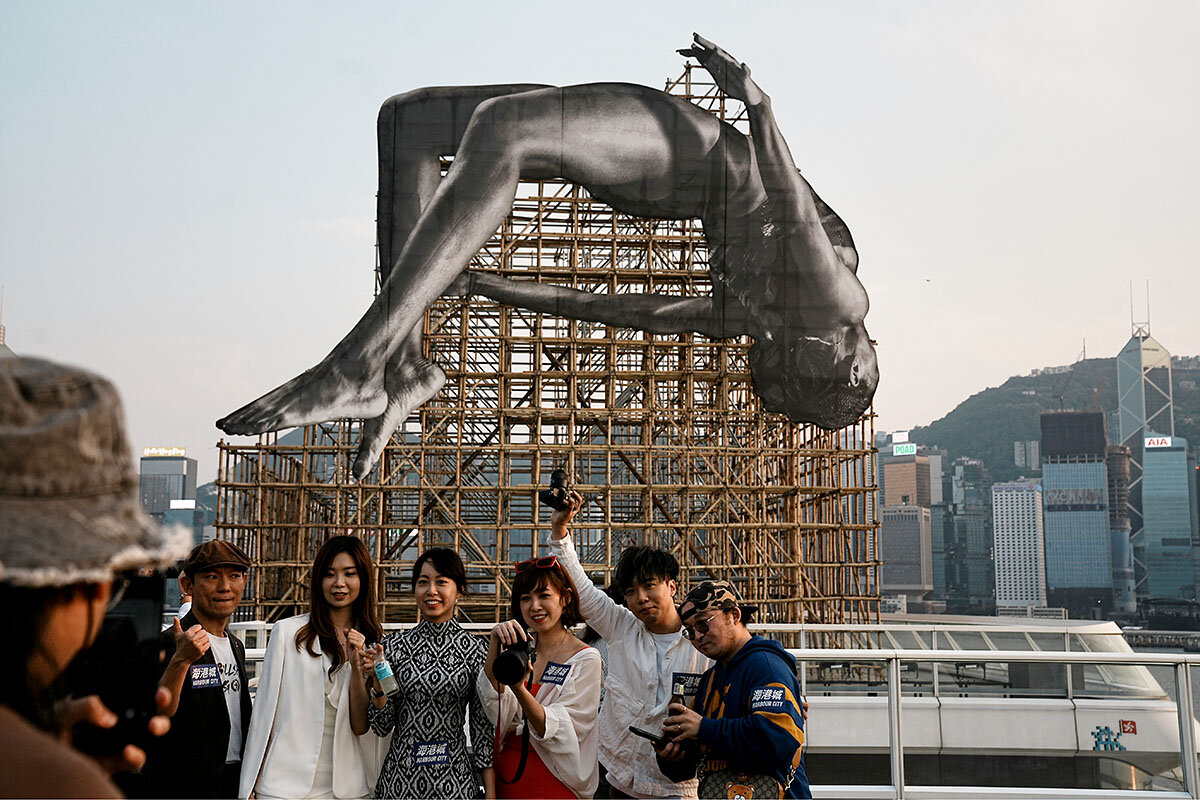How can officials both tame inflation and ensure bank stability? It’s a difficult balance that for now, at least, appears to still include interest rate hikes.
Monitor Daily Podcast
- Follow us:
- Apple Podcasts
- Spotify
- RSS Feed
- Download
 Mark Sappenfield
Mark Sappenfield
California, it would seem, needs history to repeat itself.
This week, yet another atmospheric river swept across the state. In the small agricultural town of Pajaro, a levee failed. As much as half of crops could be lost in parts of the Central Valley, and it is unclear whether the state’s antiquated infrastructure can cope with potential floods.
Much of that infrastructure, Pat Brown built. The post-World War II land of emerald lawns and superhighways sprang in no small part from the former governor’s audacious vision for the Golden State.
So how can California adapt to today’s climate threats? Why do such grand projects seem to be a part of the American past – overshadowed by the audacious vision of China and others?
It’s wise to remember that California had no safety net then, which meant a very different budget picture. Nor did it care a fig about the environmental impact of such megaprojects. Put simply, unless you’re an autocratic superpower, things just aren’t as easy as they were then – and for good reasons.
But just as California has new challenges, it has new capabilities – new technologies, new communities, and new know-how.
“While we have had many discussions about adapting to droughts of the future – and are making progress – we are still in the most nascent stages of thinking about how to adapt to larger floods,” Jeffrey Mount of the Public Policy Institute of California told The New York Times.
California’s answer is not likely to come in the form of a Pat Brown 2.0. Rather, it is likely to come from the continued progress of that now-nascent thinking.
The challenge of today is not only in adapting to a changing climate, but also in changing – and improving – how we solve the problems ahead.










